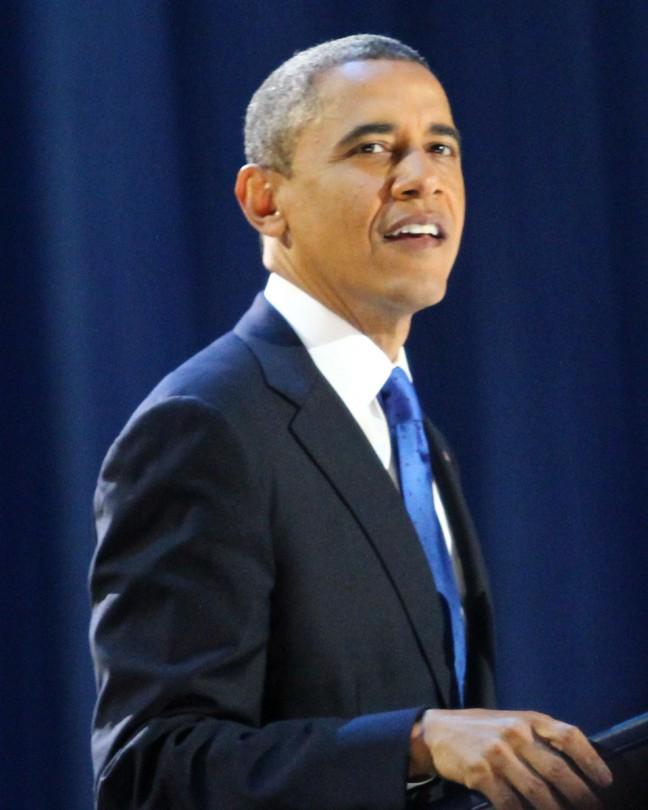President Obama’s recent executive order on immigration policies, which offers temporary legal status as well as indefinite deportation deferral to undocumented immigrants, could affect thousands in Dane County and the rest of Wisconsin.
Like the rest of the country, most immigrants in Dane County come from Mexico or other Latin-American countries, according to Alder Shiva Bidar-Sielaff of the Madison Common Council. However, all immigrant populations are included.
Bidar-Sielaff said it is hard to have a very precise number of undocumented immigrants for obvious reasons. Bidar-Sielaff said the approximate number of people who will apply for deferred action in Dane County is somewhere between 3,000 to 10,000, and these immigrants come from “almost everywhere.”
“We have undocumented immigrants who will be able to benefit from the president’s executive order that come from all over the world, from West Africa to Syria to Russia,” Bidar-Sielaff said.
Two particular groups can benefit from Obama’s recent executive order by requesting a deportation deferral. The first are undocumented immigrants who have lived in the U.S. for at least five years and have a child who is a U.S. citizen.
The second includes those who came to the University of Wisconsin with their parents who are now living here illegally. This includes all children brought here before 2009, regardless of age.
“It will allow the thousands of families who have U.S.-born children and that are currently living in the shadows and under fear of deportation every day to be able to seek relief from deportation, obtain a temporary work permit as well as a driver’s license,” Bidar-Sielaff said.
Bidar-Sielaff said she hopes the executive order will help stabilize the lives of Wisconsin’s immigrant families and allow them to prosper. She also said the executive order will put pressure on legislators to pass a broader immigration-reform law.
Erin Barbato, a practicing immigration attorney with the UW Law School Immigrant Justice Clinic, was also optimistic about the impact of the executive action.
“While there may be some disagreement in the government and within Congress, I don’t think this is something that will be taken away. I think it will go forward,” Barbato said.
The Immigrant Justice Clinic currently provides legal services to low-income immigrants. The clinic helps immigrants who are detained, victims of asylum and victims of crime. It also handles some cases of deferred action for childhood arrival, from an earlier 2012 executive order.
“Right now, what we are trying to determine is how we are going to assist people with the new executive action,” Barbato said. “We’re hoping that we may be able to find some funding to continue assisting the people who are going to be applying now for the deferred action.”
Gov. Scott Walker strongly opposed Obama’s executive order at the Republican Governors Association conference in Florida. At the meeting, Walker said immigration is not a top priority for the country right now and that Republicans should go “to the courts” to shut down Obama’s plan.
Community leaders and advocates of immigration are hopeful that this order represents a positive trend for immigrants in Wisconsin.
“We welcome this historic step towards equality that comes as a result of the tireless efforts of community members,” Christine Neumann-Ortiz, executive director of Voces de la Frontera, said in a statement. “We know that millions of people will not be protected by this executive relief. Our movement will build on this victory to keep fighting to stop deportations until all people in this country are treated equally.”













